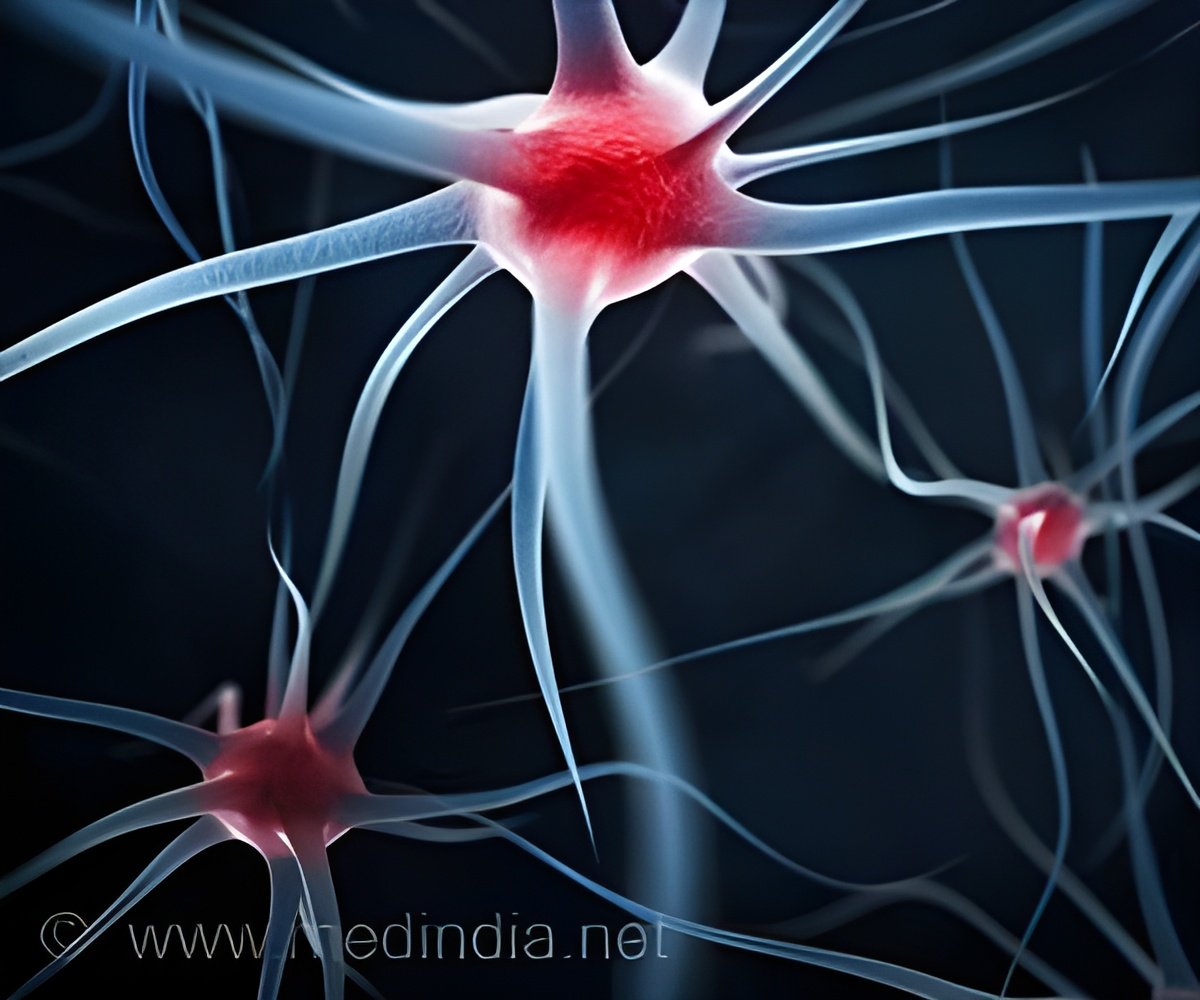Disrupted transportation routes in nerve cells are a significant cause of Parkinson's disease, found study.

It is unclear which mechanisms are responsible for the loss of nerve cells in Parkinson's. Researchers at FAU led by Dr. Iryna Prots and Prof. Dr. Beate Winner from the Department of Stem Cell Biology in conjunction with researchers from the Department of Molecular Neurology (Janina Grosch, head: Prof. Dr. Jürgen Winkler) have now succeeded in solving the mystery.
The researchers discovered that the traffic jam is triggered by a protein called alpha-synuclein, which is also found in healthy nerve cells. In abnormal nerve cells, the protein forms deposits, or even lumps, leading to a delay, disrupting the energy supply of the nerve fibres and, ultimately, damaging the synapses.
The researchers were also able to demonstrate this mechanism in cell cultures taken from patients with Parkinson's. A small skin sample was taken from affected patients. These skin cells were then converted into stem cells, which can be developed into any type of cell, and in this case, into nerve cells.
In initial trials, the researchers succeeded in suppressing the formation of lumps of alpha-synuclein, thus improving the transportation of information in the nerve fibres. However, the substance they used has not yet passed clinical trials. Nevertheless, the lead author of the study, Dr. Iryna Prots, says 'Our findings mean we can improve our understanding of the mechanisms that cause Parkinson's and push forward new strategies for treatment during the progression of the disease.'
Source-Eurekalert










